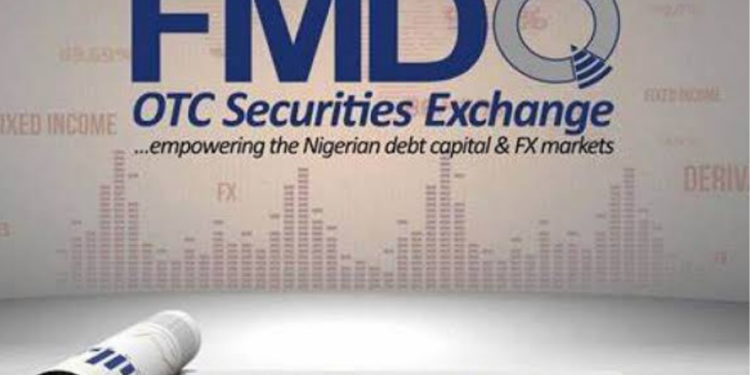Traders on the FMDQ where forex is traded officially have implemented a +/-5% band around the previous day NAFEX while also caping bid/offer spread to N50.
Sources with knowledge of the matter reveal the new changes is not an FMDQ official guideline, however, they are aware of the changes being introduced by some major forex dealers including banks.
Some commercial bank officials also confirmed same to Nairametrics.
The actions form part of a broader set of changes in the nation’s official market for trading forex which has been plagued by volatility. Trading hours have also been set for 10am to 2pm from the previous 10am to 4pm.
Also introduced is a standard ticket size of $100,000, which refers to the minimum transaction size or the smallest amount that can be traded on this market. Setting a standard ticket size of $100,000 indicates that the market is targeting institutional investors or large transactions, rather than retail investors.
This is expected to enhance the market’s liquidity and ensure that significant amounts of foreign currency can be traded with relative ease, catering to the needs of large corporations and financial institutions.
Stakeholders in Nigeria’s forex market opine that this is reminiscent of the market structure that existed around 2006 when the standard ticket size was over $2 million.
Another important feature introduced by the so-called dealers is a bid/offer spread of N50, which represents the difference between the highest price a buyer is willing to pay (bid) and the lowest price a seller is willing to accept (offer).
A fixed spread of N50 suggests a controlled trading environment, which could make trading costs predictable. However, it also implies that traders have less flexibility to negotiate prices, potentially impacting the market’s adaptability to sudden changes in supply and demand.
The traders have also implemented circuit breakers, which are mechanisms used to temporarily halt trading on an exchange if prices hit predefined levels. Additionally, a volatility band refers to the range within which the exchange rate is allowed to fluctuate during a trading session.
The introduction of a +/- 5% band around the previous day’s NAFEX (Nigerian Autonomous Foreign Exchange Rate Fixing) rate means that the exchange rate for the day’s trading cannot deviate more than 5% from the previous day’s NAFEX rate.
This measure is intended to prevent excessive volatility and safeguard the market from erratic fluctuations.
The guideline stating that the +/- 5% band around the previous day’s NAFEX rate can be communicated daily ahead of the market open suggests a commitment to transparency. It allows market participants to prepare for the day’s trading with a clear understanding of the permitted trading range.













Wouldn’t this spread lead to a further Naira crash? Even banks don’t include spread. You buy at the same price you sell.
Oh I understand now, this means Naira is not permitted to either rise or fall above N50 putting into consideration the closing price of the previous day. Well, this well put volatility in check.
This is a good step in the right direction. I expect that it will start bringing some normalcy to the market. The idea of leaving trades just to people’s whims was never going to do the economy any good. Also, if we have to choose between USD gaining another 800 against the naira and 20% yield T-Bills creating new money, I’d choose tha latter. CBN doesn’t need to mop more than 30trn to restore calm, that creates 6trn in new money, whereas if the $30bn FCY deposits were to gain 800 more, it’ll create as much as 24trn in new money. I expect the currency to begin to show some recovery now, If these whims keep getting moderated, and excess naira keeps getting mopped!!!